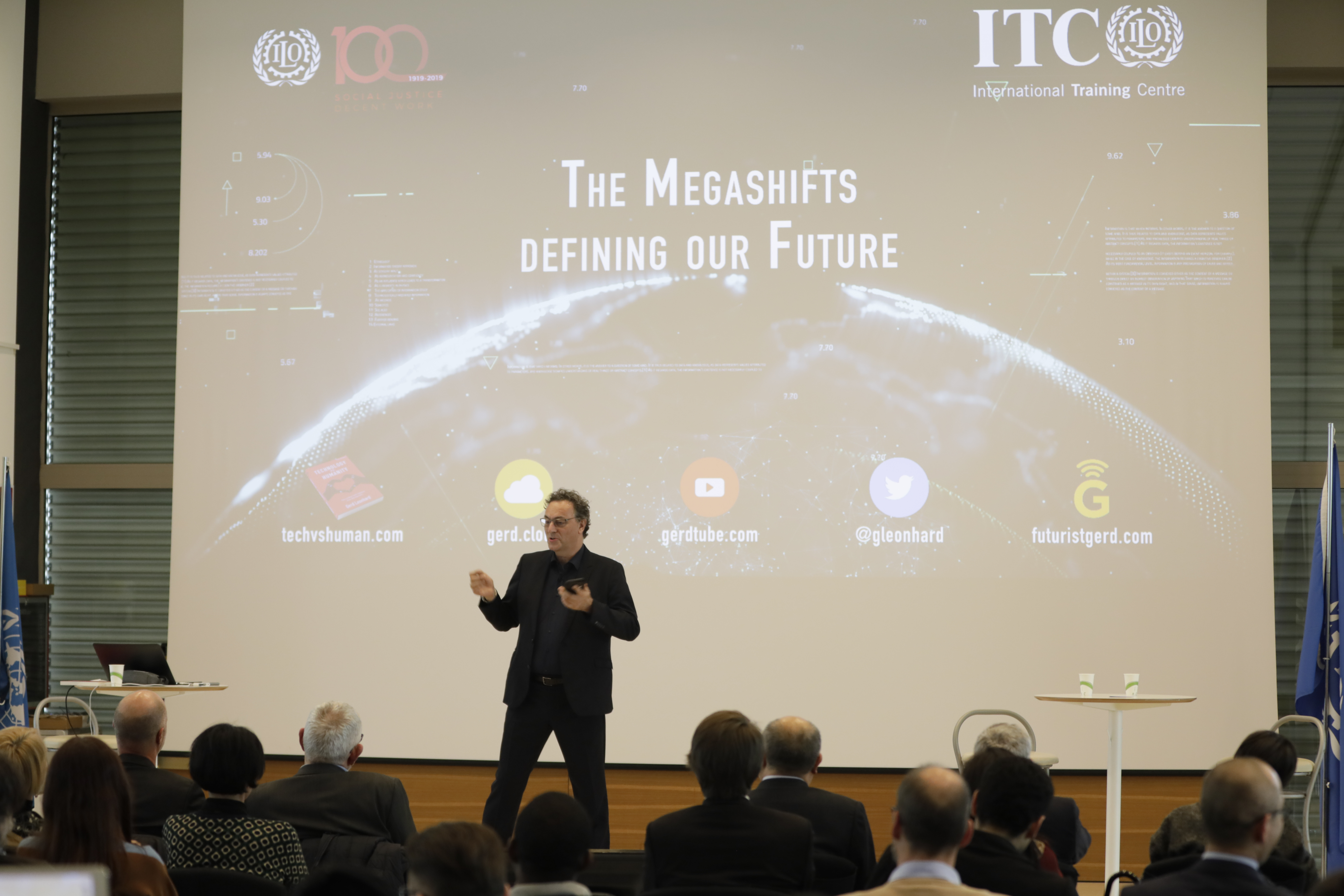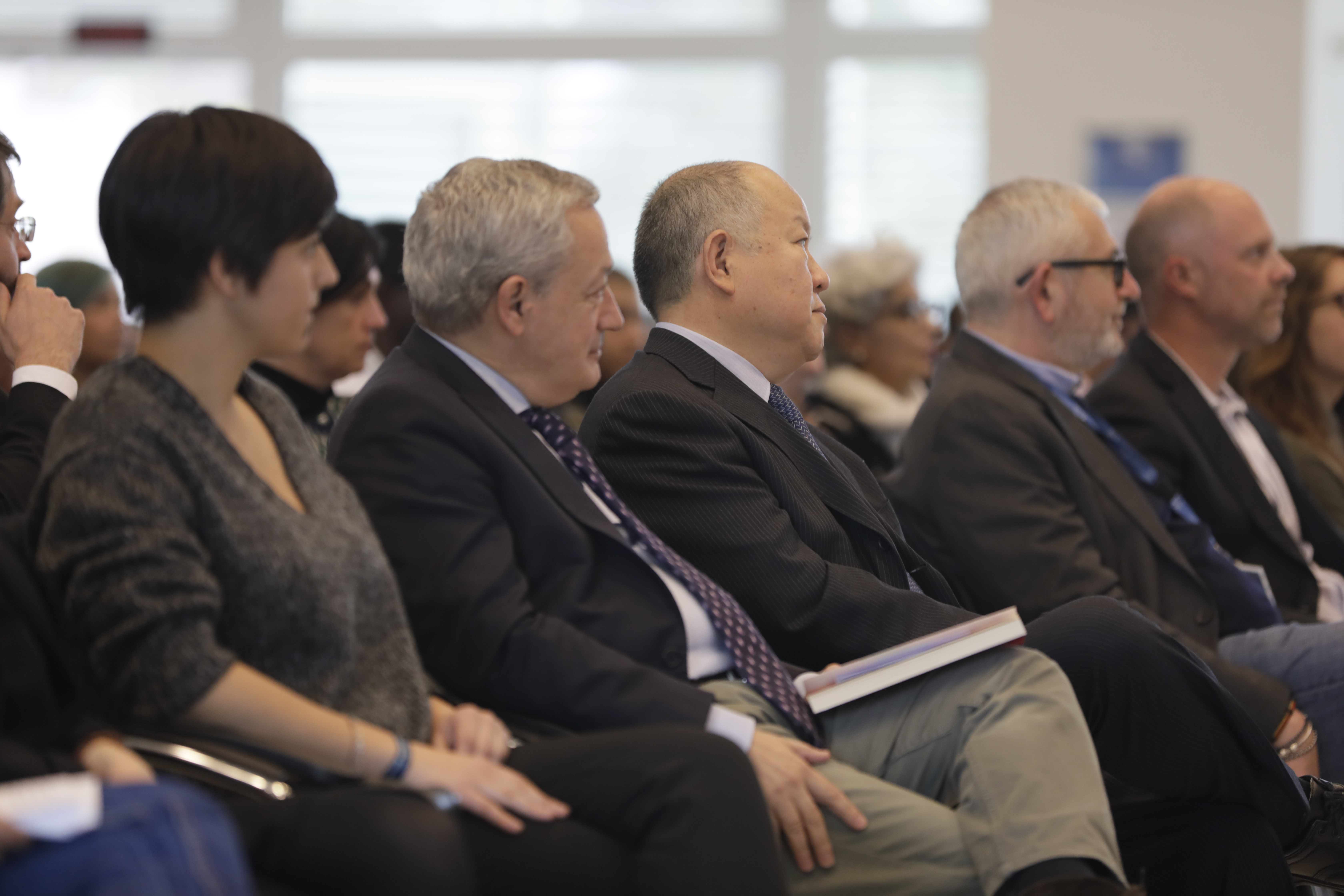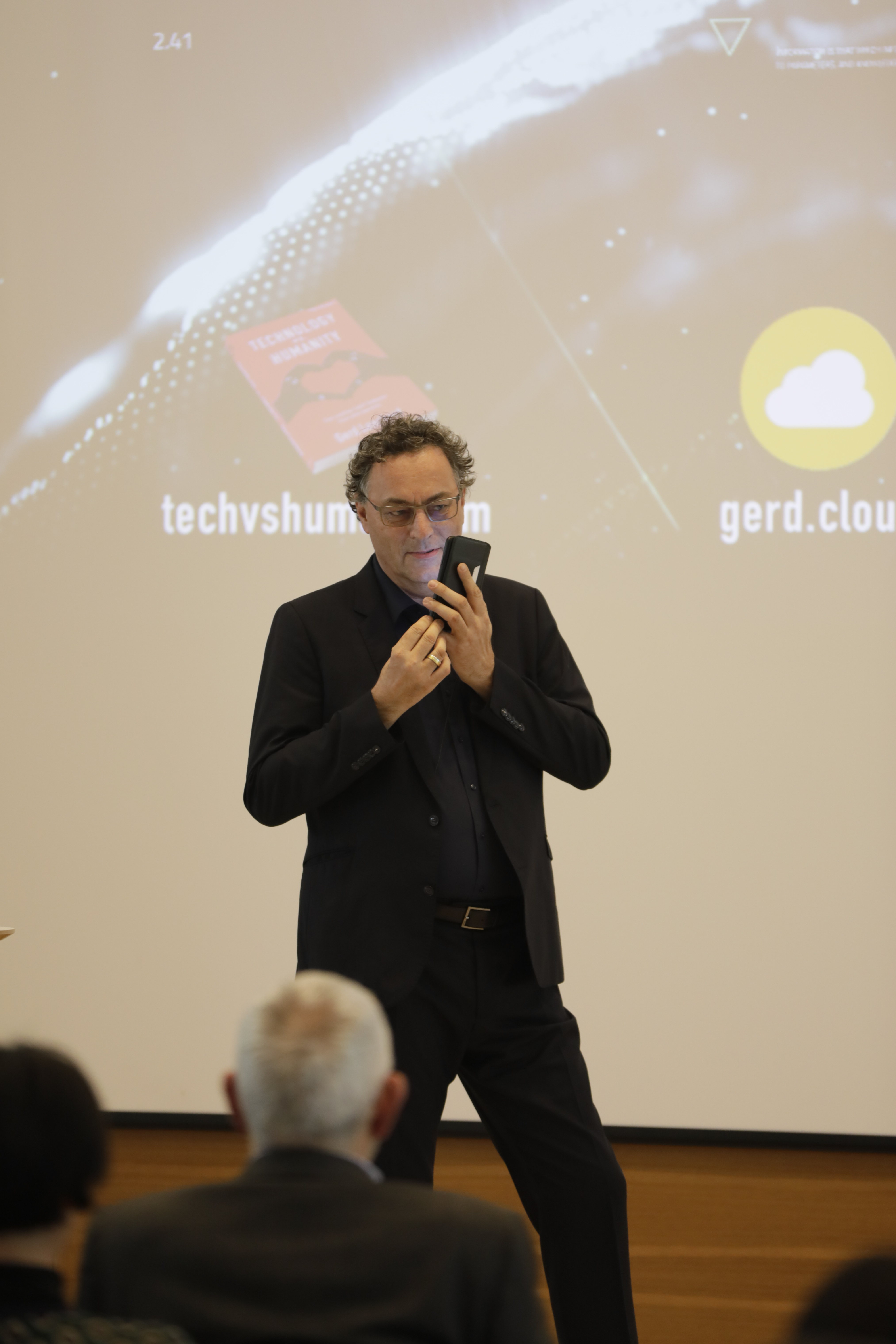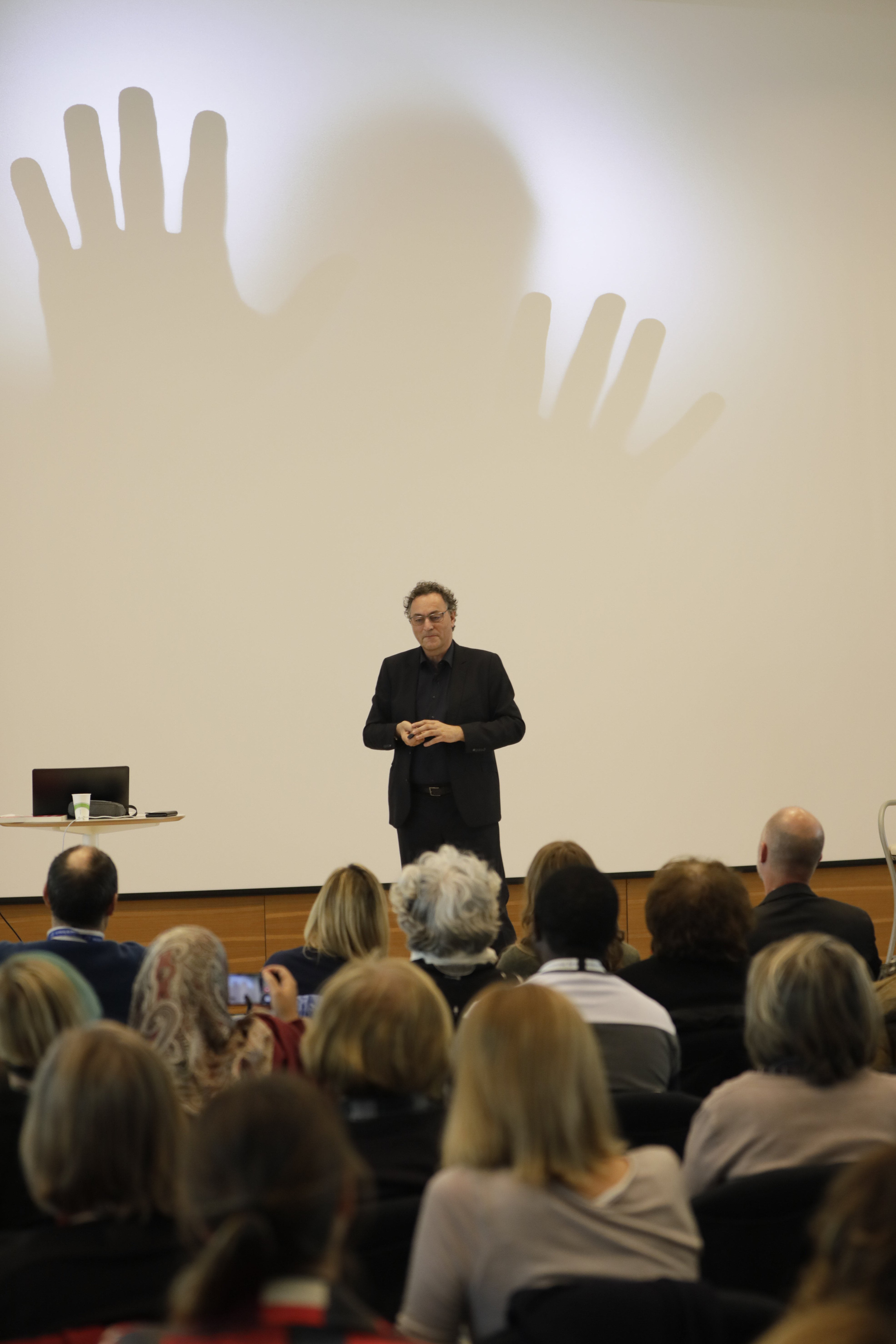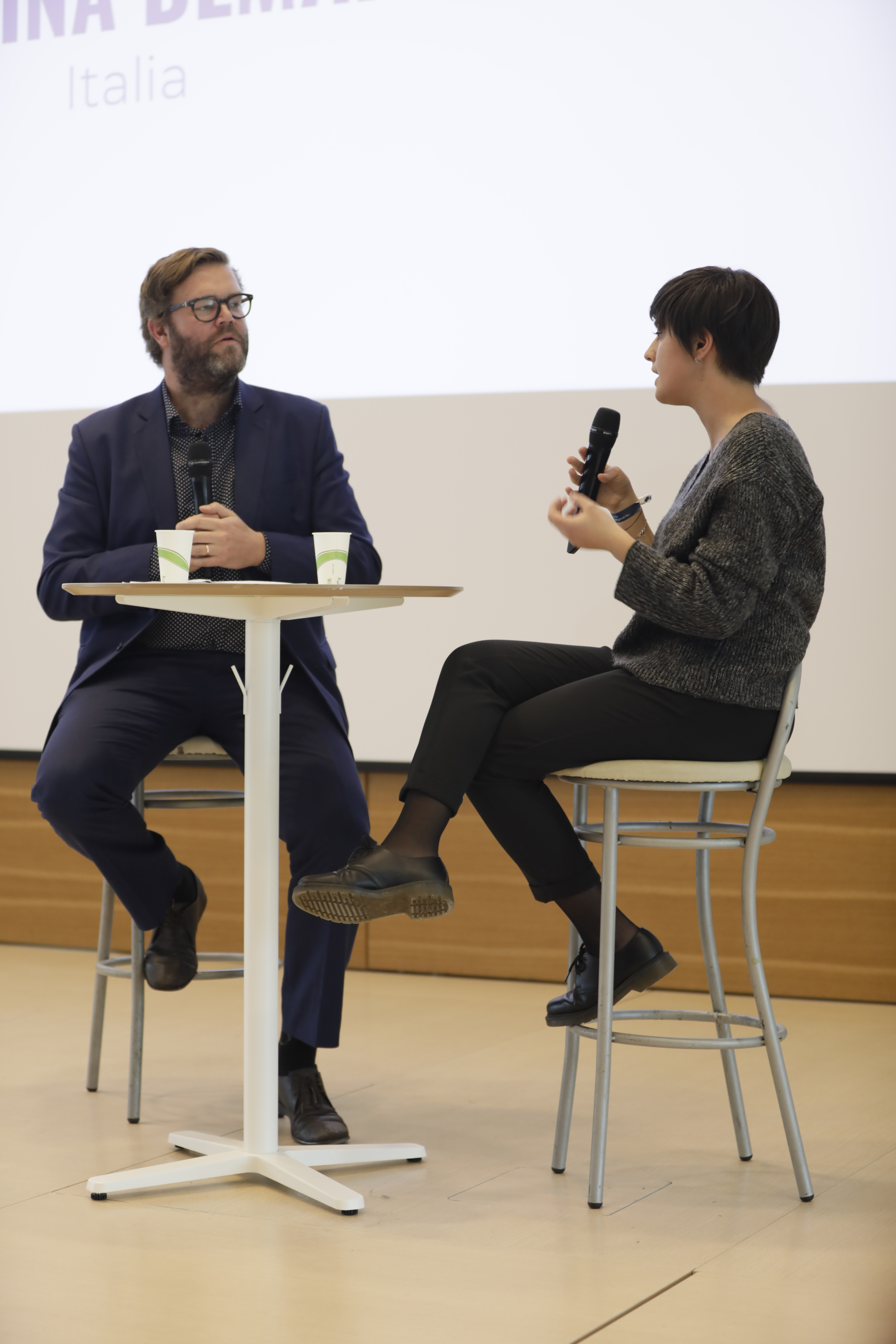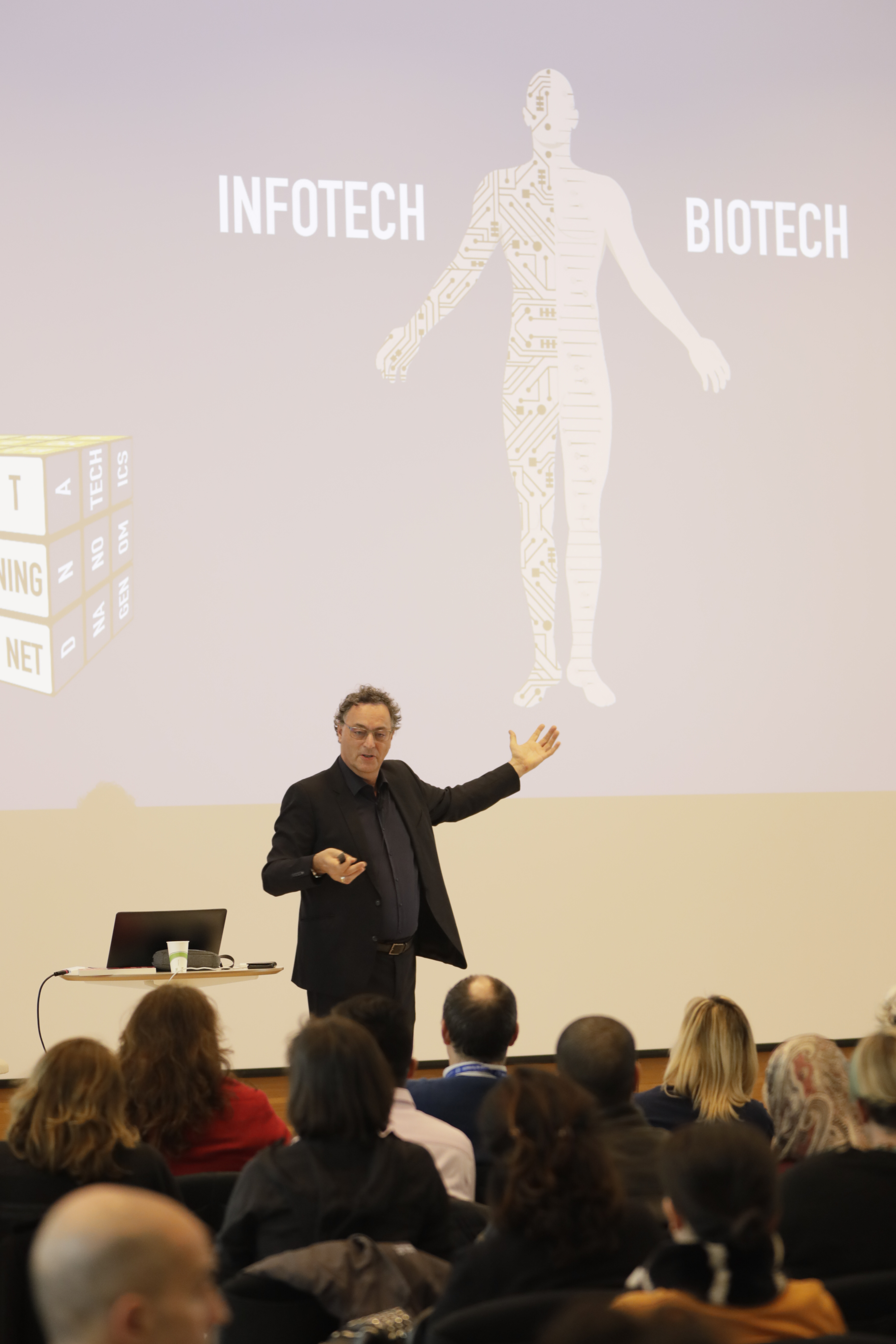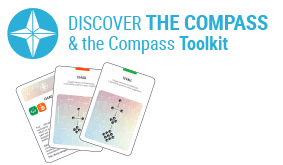Posts
https://blog.itcilo.org/wp-content/uploads/2019/04/TF_6237.jpg
6013
4009
wambeke
https://blog.itcilo.org/wp-content/uploads/2017/06/itc-ilo-blog-logo-small.png
wambeke2019-04-16 11:00:292019-04-16 11:07:07The Future is a Mindset
https://blog.itcilo.org/wp-content/uploads/2018/10/innovationdayimpressions_2.jpg
609
1861
wambeke
https://blog.itcilo.org/wp-content/uploads/2017/06/itc-ilo-blog-logo-small.png
wambeke2018-10-29 14:30:312019-03-22 16:25:36Innovation Sprint @ITC-ILO. Making use of interactive video-walls.
https://blog.itcilo.org/wp-content/uploads/2018/08/IMG_20170112_153518.jpg
1031
1836
a.messuti@itcilo.org
https://blog.itcilo.org/wp-content/uploads/2017/06/itc-ilo-blog-logo-small.png
a.messuti@itcilo.org2018-08-03 16:03:042018-08-03 16:03:04Mobile Seamless Learning for the 21st century
https://blog.itcilo.org/wp-content/uploads/2009/01/lempnet.jpg
832
1198
wambeke
https://blog.itcilo.org/wp-content/uploads/2017/06/itc-ilo-blog-logo-small.png
wambeke2018-04-05 09:48:412018-04-05 09:48:41The future of learning is out there. Call for stories.
https://blog.itcilo.org/wp-content/uploads/2018/02/lampadina-con-diagrammi-aziendali-sfondo_1232-879.jpg
417
626
a.messuti@itcilo.org
https://blog.itcilo.org/wp-content/uploads/2017/06/itc-ilo-blog-logo-small.png
a.messuti@itcilo.org2018-02-23 16:25:042018-11-08 14:19:06Learning and Technology Innovation for Capacity Development
Scroll to top


